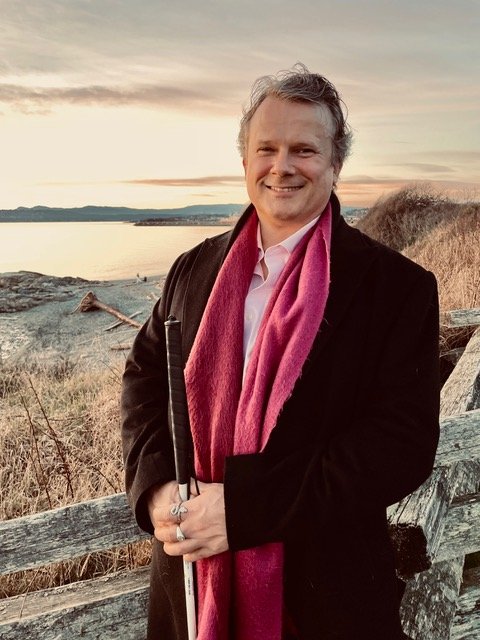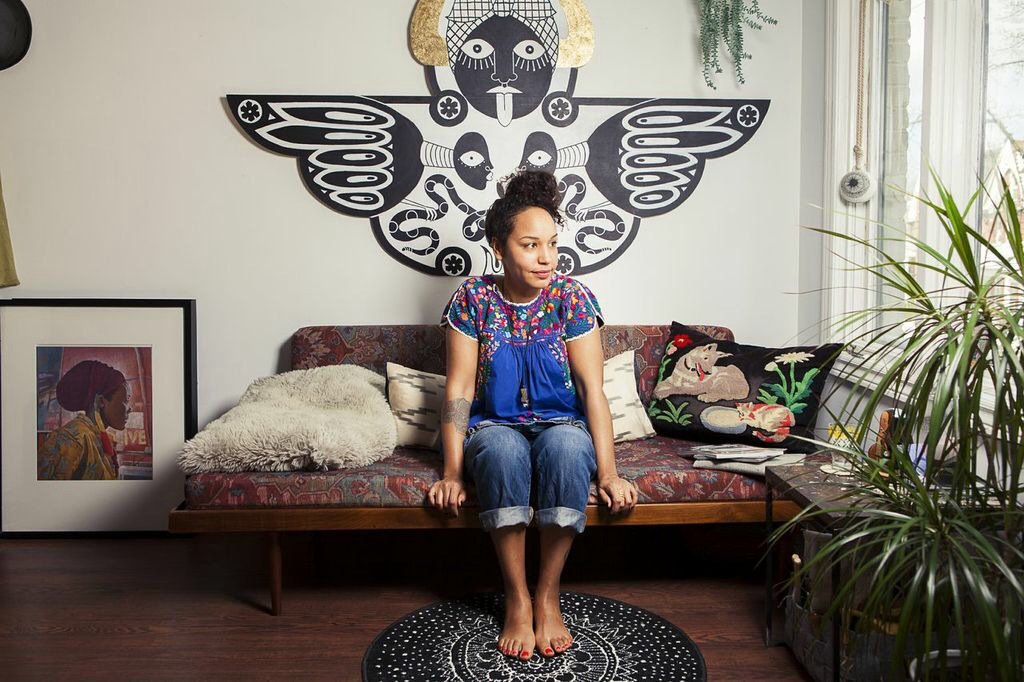CRACKS IN THE CONCRETE CONFERENCE
Dates:
March 21 - 23, 2025
Location:
Victoria City Hall
Cost:
Free general admission, or by donation
$10 - 15 for Able: An Immersive Art Experience
$5 for Chinatown History Walking Tour
Register:
Register for the conference here.
Donate:
All panels are free. Please consider making a donation.
conference schedule (click links below for tickets)
March 21:
Able: An Immersive Art Exhibition (5:30 - 7:30pm)
March 22:
The Realities of Living With Invisible Disabilities (1:00 - 2:00pm)
Beyond First Impressions: Amplifying the Voices of People with Disabilities (2:30 - 3:30pm)
Equity in Action: Connecting Disability & Human Rights (4:00 - 5:00pm)
March 23:
Chinatown History Walking Tour (1:00 - 1:45pm)
About:
Join us for the 10th annual Cracks in the Concrete conference as we explore the theme “Beneath the Surface: Illuminating Visible & Invisible Disabilities.” This milestone gathering will focus on amplifying the voices and experiences of individuals living with visible and invisible disabilities, particularly people of colour who are often left out of disability discourse. Together, we aim to foster a deeper understanding of the challenges faced by those living with disabilities that are not immediately visible, while building bridges of empathy, compassion, and respect.
Over this transformative weekend, we’ll challenge societal perceptions that are shaped by first appearances and examine how our personal biases and programming impact interactions. Through a rich lineup of workshops, discussions, and artistic performances, we will explore disability and identity, emphasizing how we are more alike than we are different.
Featured sessions will delve into topics such as the invisibility of autism, dyslexia, vision loss, poor hearing, and speech challenges, while also addressing the unique barriers faced by people of colour living with visible disabilities.
This year’s conference is more than a conversation—it’s a call to action to see beyond the surface and embrace difference.
Sponsors:
Conference Highlights
Speakers
Isaiah Christophe
Devyani Tewari
Diana Viafara
Alixzandar Morle
Michael Moore
Ingrid Mesquita
Jumoke Brown
Sandra Hough
Hannah Brown


















